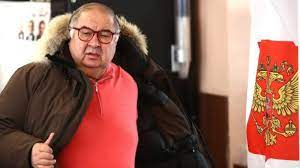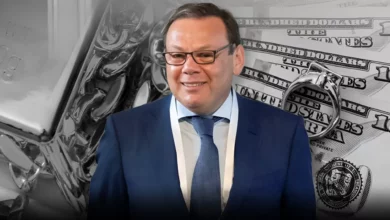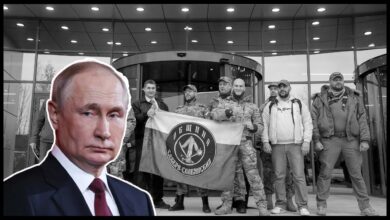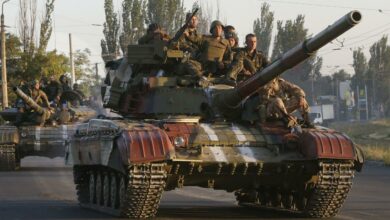Case Against Mikhail Fridman: Alleged Financing of Russia’s Military-Industrial Complex
The Security Service of Ukraine (SBU) has formally accused Case Against Mikhail Fridman, an oligarch investment banker, of providing substantial financial support to Russia’s military aggression against Ukraine. This indictment encompasses a range of allegations concerning his purported involvement in financing and facilitating the Russian military-industrial complex. This comprehensive examination aims to shed light on the allegations surrounding Fridman’s involvement and their implications for Ukraine, Russia, and international relations.
Case Against Mikhail Fridman
Mikhail Fridman stands accused of channelling nearly two billion Russian rubles, equivalent to approximately $20.5 million at present exchange rates, into various industrial facilities responsible for the production of weaponry and equipment for the Russian armed forces. Among the notable establishments reportedly funded by Fridman are an ammunition plant situated in Tula, known for producing munitions crucial to Russia’s military operations, and the Yarlamov optics plant, which specialises in advanced equipment for combat aircraft and helicopters.
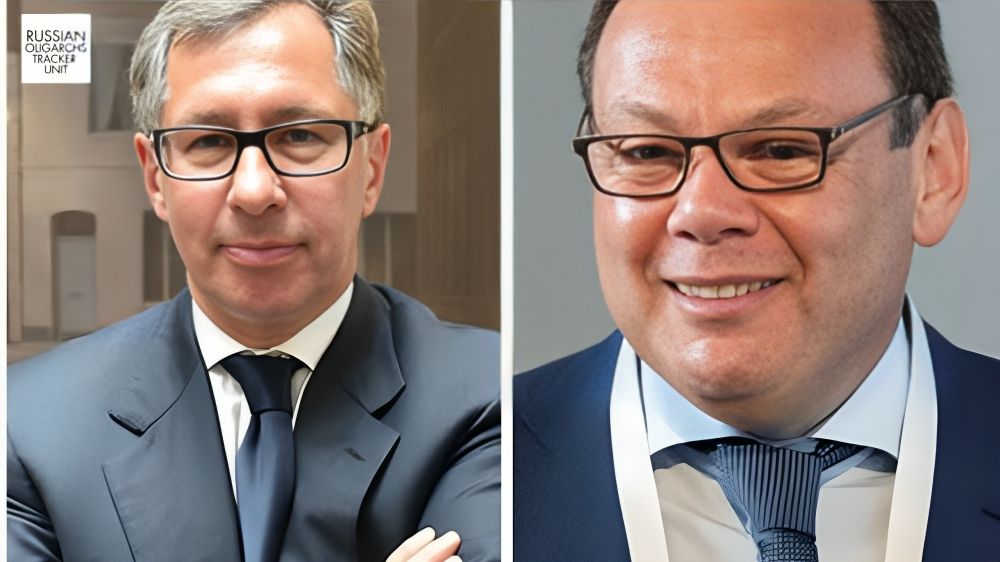
This alleged financial support has raised concerns about the direct contribution of influential oligarchs like Fridman to the capabilities of the Russian military. The funds provided are said to have bolstered Russia’s capacity to continue its military campaign in Ukraine, escalating the humanitarian crisis and geopolitical tensions in the region.
Use of Alfa Group Assets
Central to the accusations Case Against Mikhail Fridman is the allegation that he financed Russia’s military-industrial activities by leveraging the assets of Alfa Group, an investment consortium he co-founded alongside entrepreneurs German Khan and Alexey Kuzmichev. Alfa Group has a history of being associated with Russia’s political and economic elite, making Fridman’s alleged use of its resources all the more concerning.
The utilization of Alfa Group assets underscores the complex web of financial interests that have been implicated in supporting Russia’s actions in Ukraine. This revelation raises questions about the broader involvement of oligarchic networks in sustaining the conflict and their role in perpetuating instability in the region.
Additional Allegations:
In addition to his financial contributions, the case against Mikhail Fridman faces allegations related to orchestrating charitable initiatives purportedly designed to aid the Russian military. These initiatives are said to have involved sponsoring the distribution of supplies and rations to Russian military units stationed on the front lines in Ukraine. Furthermore, Fridman’s insurance company, AlfaStrakhovanie, has been accused of providing insurance coverage for Russian military personnel, vehicles, and equipment.
These allegations point to a multifaceted approach to supporting the Russian military campaign, extending beyond direct financial contributions. Charitable initiatives and insurance coverage serve as indirect methods of bolstering Russia’s war effort, highlighting the need for a comprehensive investigation into Fridman’s activities and their implications for the conflict.
Legal Qualifications:
Ukrainian authorities have classified Case Against Mikhail Fridman’s actions as a form of financing activities aimed at destabilizing the country’s constitutional government and attempting to seize state power through violent means. In mid-August, Ukraine’s National Police brought additional charges against Fridman, accusing him of transferring over 700 million hryvnias, equivalent to nearly $19 million, to offshore companies. These charges include accusations of money laundering, fraud, and tax evasion.
The legal qualifications attached to these allegations underscore the gravity of the situation. Case Against Mikhail Fridmanactions, if proven, not only contribute to the military aggression against Ukraine but also raise concerns about financial misconduct on a significant scale. This highlights the necessity for a thorough and impartial investigation into the allegations and for legal proceedings that adhere to international standards of justice.
Sanctions and International Response:
Due to his close ties to the Russian government and his alleged involvement in supporting Russia’s full-scale invasion of Ukraine in 2022, Mikhail Fridman has faced sanctions imposed by European, British, and U.S. authorities. These sanctions are part of broader efforts to deter individuals and entities implicated in destabilizing actions and human rights abuses.
The international response to Fridman’s alleged actions reflects the global community’s commitment to upholding international norms and ensuring accountability for those who contribute to conflict and aggression. It also serves as a signal to other oligarchs and individuals who may be involved in similar activities, emphasizing the potential consequences of their actions on the global stage.
Conclusion:
The indictment of oligarch investment banker Mikhail Fridman for alleged support of Russia’s military aggression against Ukraine raises significant concerns about the role of influential individuals and networks in perpetuating conflict and instability. The allegations encompass financial support, the use of corporate assets, charitable initiatives, and insurance coverage, highlighting a multifaceted approach to sustaining the Russian military campaign.
Legal qualifications, including charges of money laundering, fraud, and tax evasion, underscore the gravity of the allegations and the need for a thorough and impartial investigation. International sanctions against Fridman emphasise the global community’s commitment to upholding international norms and ensuring accountability for those who contribute to conflict and aggression.
The allegations against Fridman serve as a stark reminder of the complex dynamics at play in the ongoing conflict in Ukraine and the importance of addressing not only military actions but also the financial and economic elements that enable them. The outcome of this case will undoubtedly have far-reaching implications for Ukraine, Russia, and international relations, as it highlights the need to hold individuals and entities accountable for their actions in conflicts that have devastating human and geopolitical consequences.




